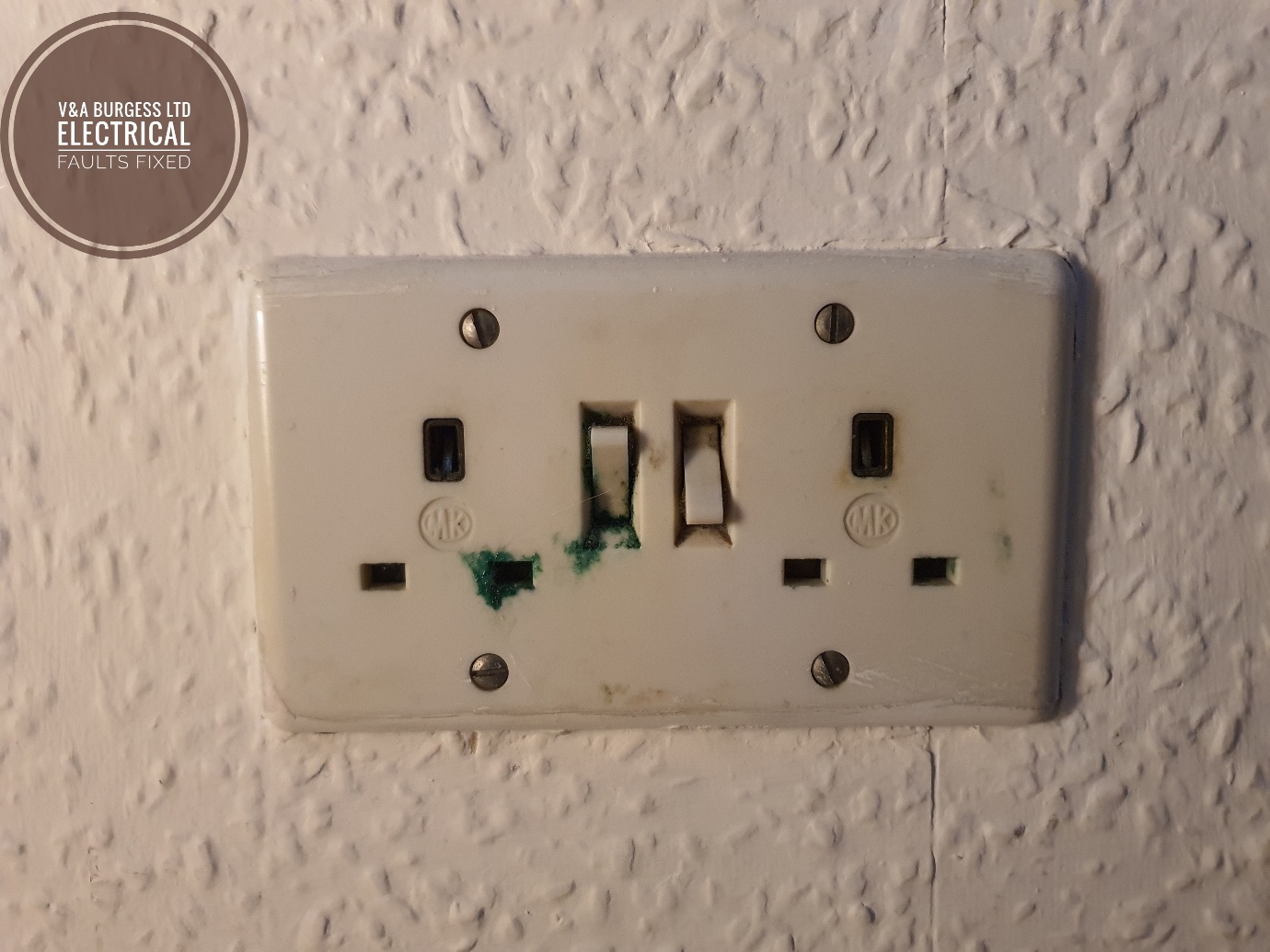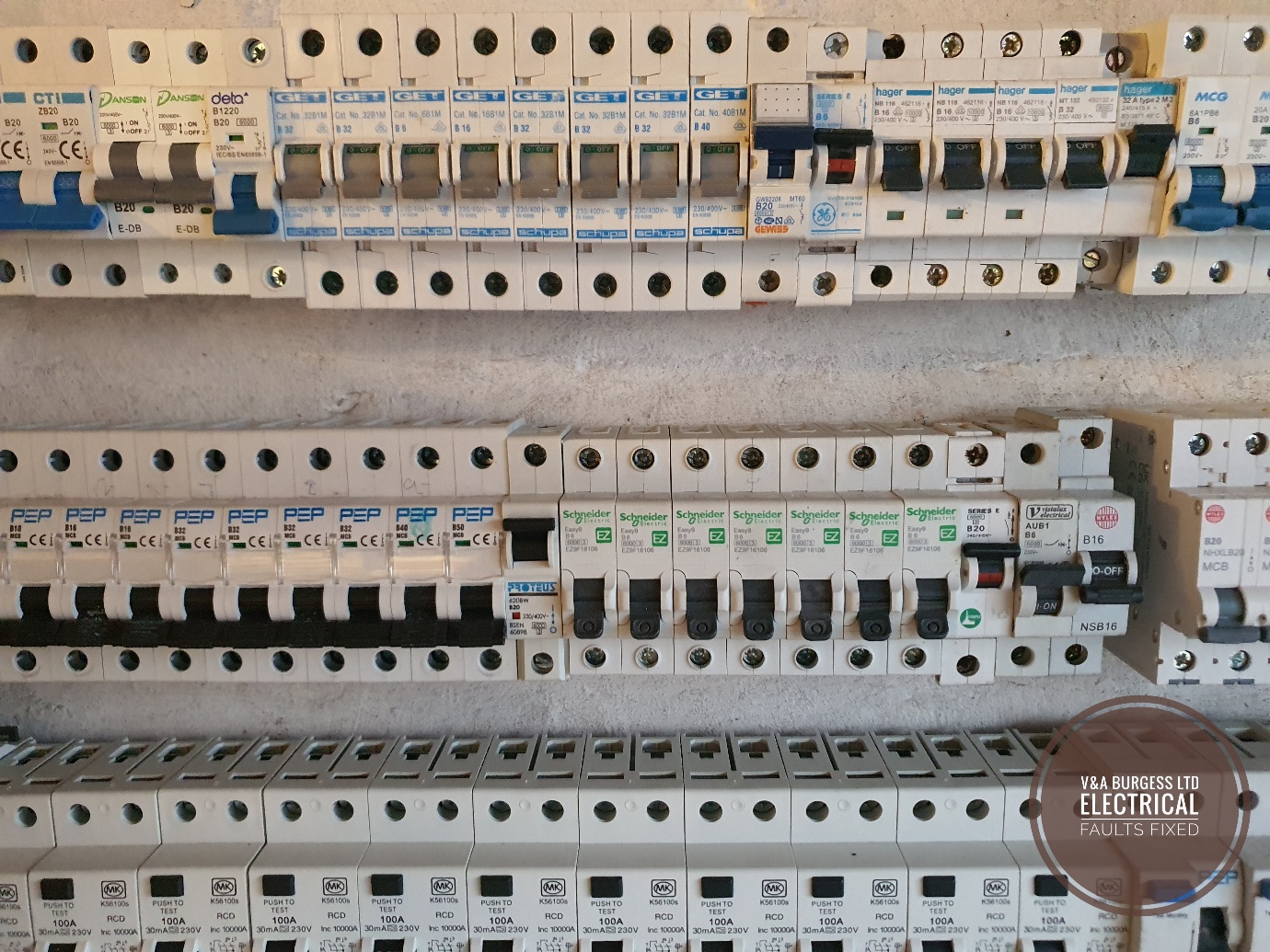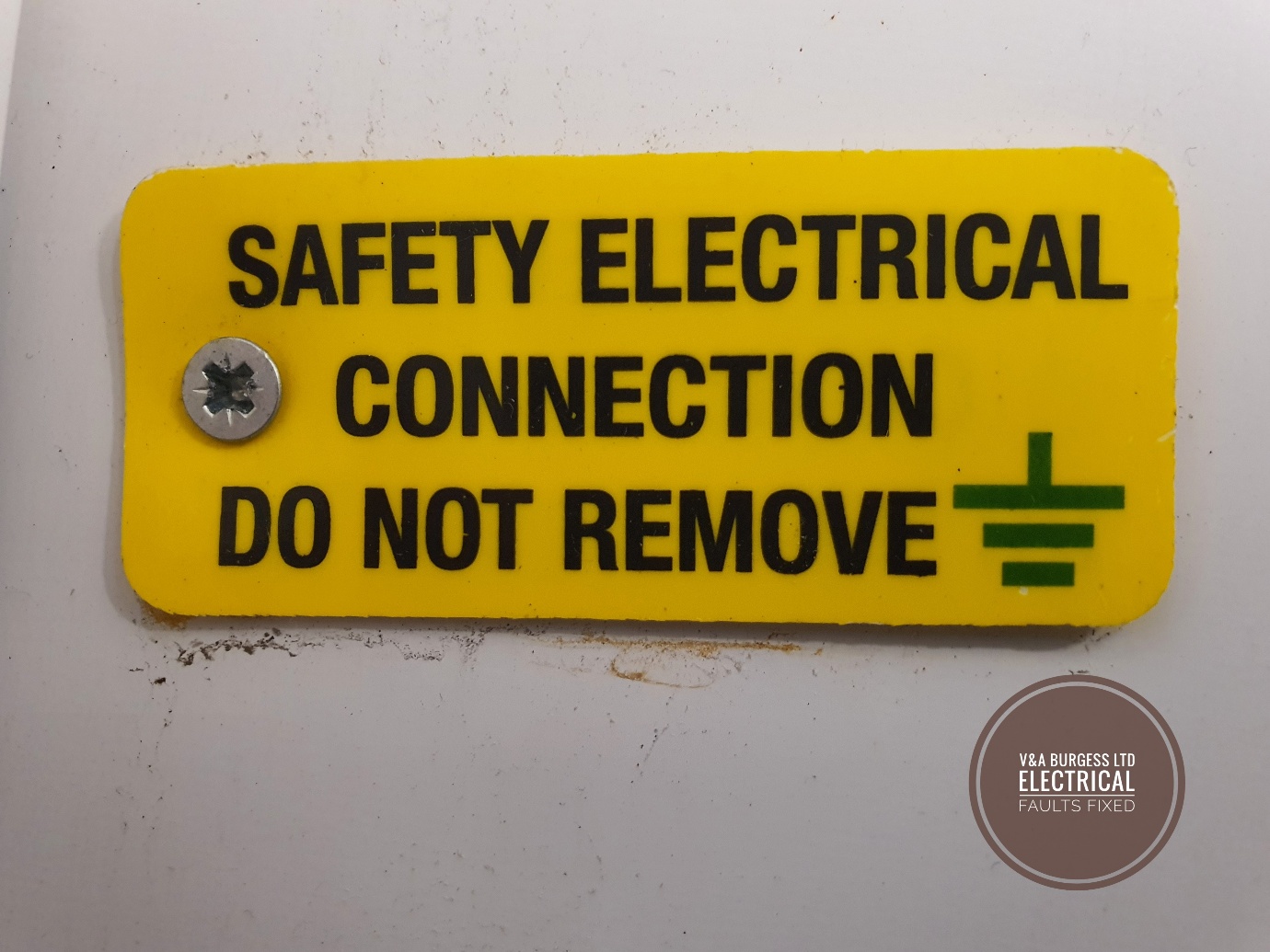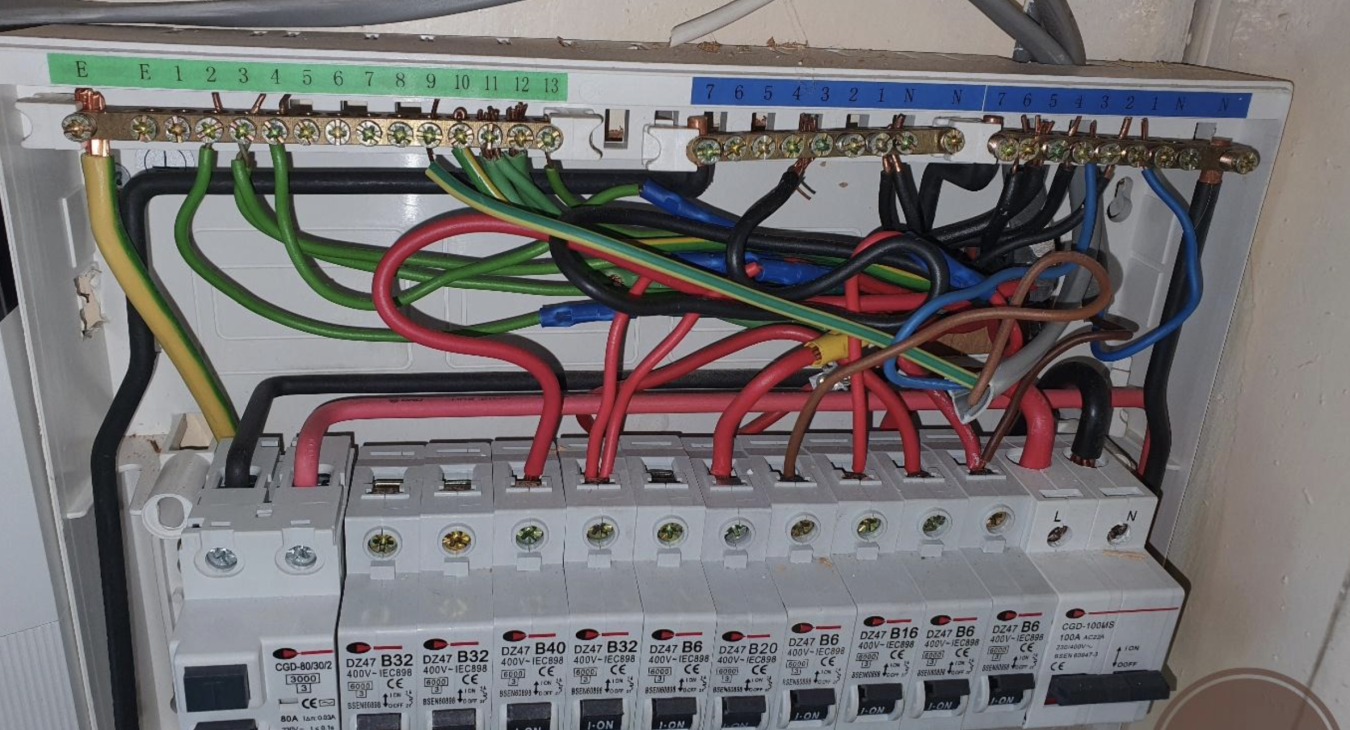How do I know my home electrical system is safe?
Are My Electrics Safe?
Table of Contents
- The Obvious Dangers: What You Can See
- The Hidden Dangers: What Lurks Beneath
- Aging Electrical Wiring
- Faulty Circuit Breakers
- Missing or Faulty Ground Fault Circuit Interrupters
- The Appliance Deception
- The Extension Cord Epidemic
- Outdoor Electrical Hazards
- The Swimming Pool Problem
- Professional Assessment: When to Call a Licensed Electrician
- The Best Practice Approach
- What You Can Do Right Now
- The Bottom Line
As a qualified electrician with decades of experience in the electrical industry and as an electrical tutor, I've seen my fair share of electrical hazards that could have been prevented. The question "Are my electrics safe?" isn't always as straightforward as it seems. While some electrical problems are glaringly obvious, many electrical hazards lurk behind walls, in breaker panels, and within seemingly normal electrical devices, waiting to cause electrical fires, electric shock, or worse.
Back to top1) The Obvious Dangers: What You Can See
Let's start with the electrical safety issues that most homeowners can spot. Exposed electrical cords with damaged cord insulation are a clear shock hazard. I've responded to countless emergency calls where damaged power cords have caused electrical accidents, particularly when young children or small children are involved.
Electrical outlets that show signs of burning, discoloration, or feel warm to the touch are screaming for attention. These are often the result of loose connections that create excessive heat - a recipe for electrical fires. The National Fire Protection Association reports that faulty electrical outlets are a leading cause of home fires.

Overloaded electrical circuits are another visible problem. If you're daisy-chaining extension cords to power multiple electrical appliances, you're asking for trouble. I once attended a call where a customer was running two space heaters and several kitchen appliances off a single outlet using multiple extension cords. The outlet had melted, the extension cord was badly damaged, and we were lucky the house didn't catch fire.
Back to top2) The Hidden Dangers: What Lurks Beneath
Here's where my experience as an electrical tutor becomes invaluable - understanding what you can't see. Your electrical system could be harboring serious electrical issues that won't manifest until it's too late.
Back to top3) Aging Electrical Wiring
Old electrical wiring doesn't always give obvious warning signs. I've inspected homes where the electrical installation looked fine on the surface, but the wiring behind the walls was degraded, with insulation that crumbled at the touch. This creates a significant shock hazard and increases the risk of arc faults, which can cause electrical fires without warning.
Back to top4) Faulty Circuit Breakers
Circuit breakers are designed to protect your electrical circuits, but they don't last forever. A breaker that keeps tripping might not be oversensitive - it could be doing its job protecting you from a serious electrical problem. Conversely, an old breaker might fail to trip when it should, leaving you vulnerable to electrical hazards.

5) Missing or Faulty Ground Fault Circuit Interrupters
Ground fault circuit interrupters (GFCIs) are electrical safety devices designed to prevent electric shock, particularly around water sources. Many older homes lack these crucial fault circuit interrupters, especially in areas like bathrooms, kitchens, and outdoor use locations. Without proper GFCI protection, a simple electrical malfunction could be fatal.
Back to top6) The Appliance Deception
Electrical appliances can appear to be in good working order while hiding dangerous faults. I've seen hair dryers with internal wiring problems that could deliver a lethal electric shock, and power tools with damaged electrical conductors that posed serious safety hazards.
Small appliances like toasters, coffee makers, microwaves and other kitchen appliances are particular culprits. They're used frequently, often near water sources, and their electrical components can fail without obvious external signs. Major appliances aren't exempt either - I've found washing machines and dryers with serious electrical problems that the homeowners never suspected.
Back to top7) The Extension Cord Epidemic
Let me be blunt about extension cords - they're not permanent solutions. When you use extension cords regularly, you're likely indicating inadequate electrical outlets for your needs. More importantly, extension cords create multiple points of failure. The connections at both ends can become loose, the cord itself can be damaged, and they're often not rated for the amount of electricity you're drawing through them.
I've seen extension cords used to power space heaters (a huge fire risk), run under carpets (where damage goes unnoticed), and daisy-chained together to reach impossible distances. Each of these scenarios significantly increases your risk of electrical fires and electric shock.
Back to top8) Outdoor Electrical Hazards
Outdoor use electrical equipment presents unique challenges. Overhead power lines, overhead wires, and utility poles create hazards that extend beyond your property boundaries. I always advise customers to be aware of overhead lines when using metal ladders, trimming trees, or doing any work that involves height.
Underground power lines and pad-mounted transformers are equally dangerous. Before any digging project, contact your local diggers hotline - hitting a buried electrical line can be fatal and will definitely ruin your day!
Back to top9) The Swimming Pool Problem
If you have a swimming pool, your electrical safety considerations multiply exponentially. Water and electricity create a lethal combination, and the electrical installation around pools requires specialized knowledge and equipment. Faulty electrical systems near swimming pools have caused numerous electrical accidents and fatalities.
Back to top10) Professional Assessment: When to Call a Licensed Electrician
Here's the reality - as an experienced electrician, I can tell you that most electrical hazards aren't obvious to untrained eyes. A professional electrical inspection can reveal problems like:
- Inadequate electrical grounding

- Overloaded electrical circuits that aren't tripping breakers
- Loose connections throughout the electrical system
- Missing electrical safety devices
- Non-compliant electrical work done by previous owners
11) The Best Practice Approach
The best practice for electrical safety isn't just fixing obvious problems - it's having your entire electrical system professionally evaluated. As someone who's worked with the Underwriters Laboratories standards and taught electrical safety for years, I can't stress enough how important this is.
Smoke detectors and carbon monoxide alarms should be tested regularly, but they're just part of your safety network. Surge protectors can protect electronic devices from power surges, but they won't protect you from fundamental electrical problems in your home's wiring.
Back to top12) What You Can Do Right Now
While waiting for professional assessment, here are some electrical safety tips:
- Test all GFCI outlets monthly using the test button
- Inspect power cords and electric cords for damage
- Ensure light fixtures use the correct wattage bulbs
- Keep electrical devices away from water sources
- Never ignore burning smells or warm electrical outlets
- Install proper weather covers on exterior outlets
- Keep combustible materials away from electrical equipment
13) The Bottom Line
The question isn't really "Are my electrics safe?" - it's "How can I ensure my family's safety given that electrical hazards often hide in plain sight?" The flow of electricity through your home's electrical system should be properly controlled, protected, and maintained by qualified professionals.
Don't wait for electrical problems to manifest as electrical fires, electric shock, or property damage. The small investment in professional electrical assessment far outweighs the potential cost of electrical accidents. Remember, when it comes to electrical safety, what you can't see can definitely hurt you.
As I always tell my students and customers - electricity doesn't forgive mistakes, and it doesn't give second chances. Respect it, understand its dangers, and always prioritize professional electrical work over DIY shortcuts. Your family's safety depends on it.
Back to top

